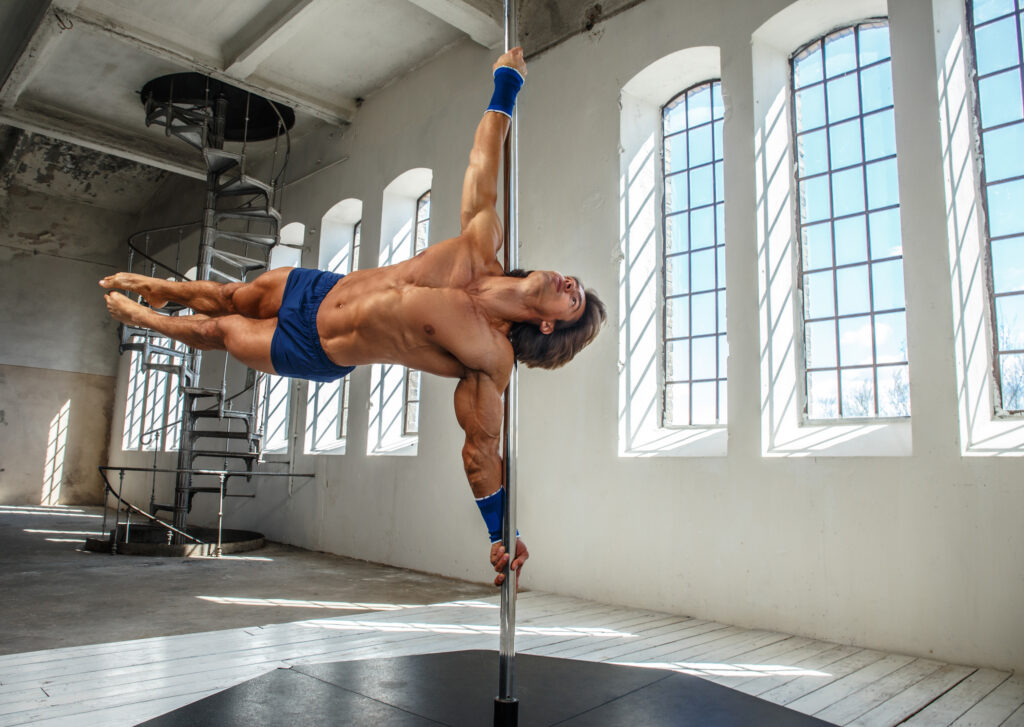Firstly, in many cultures, six-pack abs are considered a symbol of physical fitness and health. Having well-defined abdominal muscles indicates a low body fat percentage and a commitment to exercise and nutrition. It’s not just about the aesthetics; the dedication required to achieve such a physique suggests discipline, perseverance, and a passion for health.
Secondly, from an evolutionary standpoint, strong core muscles and a lean physique can be indicators of good health and vitality. Our ancestors would have looked for signs of physical fitness in potential mates as a way to gauge their ability to provide and protect. While society has evolved, some of these innate preferences might remain.
Additionally, media and popular culture have played a significant role in influencing our perceptions of beauty and attractiveness. Movies, advertisements, and fitness magazines often showcase models and actors with chiseled physiques, further embedding the idea that six-pack abs are a desirable trait.
However, it’s essential to note that attractiveness is subjective. What one person finds appealing, another might not. While six-pack abs are celebrated by many, there are countless other qualities, both physical and non-physical, that people find attractive. Some might prioritize a kind heart, a great sense of humor, intelligence, or other physical traits over a defined midsection.
In your journey towards achieving six-pack abs, it’s crucial to understand your motivation. Are you doing it for yourself, for health benefits, or to feel more confident? Or is it to meet someone else’s standards of beauty? It’s always important to pursue fitness goals that align with your personal values and desires, rather than external pressures.
While many find six-pack abs attractive due to cultural, evolutionary, and media influences, beauty and attractiveness are multifaceted and vary from one individual to another. It’s important to focus on what makes you feel confident and happy.

